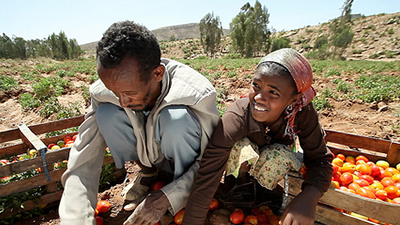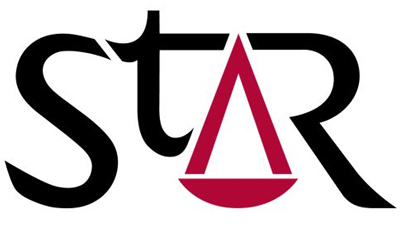The World Bank Group works to promote financial stability and to develop diversified, efficient and inclusive financial systems, at the global and country-level.
Our work supports developing countries and the global community in addressing most pressing financial sector challenges. The fallout of the 2008 financial crisis demonstrated the need for strengthened international standards for financial resilience.
At the global level, we engage in the agendas driven by the G-20, Financial Stability Board and other standard-setting bodies, and the United Nations.
We contribute to the formulation of global standards and help developing countries comply with them.
At the country-level we help clients implement sustainable financial development strategies.
We work hand-in-hand with governments to develop a sound financial infrastructure and enabling regulatory framework, establish local capital markets, promote private sector development and improve financial access and inclusion for individuals and small businesses.
Our assistance combines finance, knowledge, advisory and convening services, tailored to each country’s needs.
As part of the global work on sustainable development, we play a leading role in developing new and innovative sources of long-term finance, such as developing local capital markets, to help meet the Sustainable Development Goals.
The World Bank Group is engaged in three global mandates in the financial sector:
1. Focus on Financial Stability and Integrity
Our global mandate on financial depth and stability emphasizes the sustained development of financial institutions and markets, and the mitigation of financial crises.
Global efforts to strengthen the international financial architecture in the aftermath of the 1999 and 2008 financial crises led to the development of international standards in banking, insurance, capital markets, market integrity, financial infrastructure, and other areas.
As a member of the Financial Stability Board, we contribute to regulatory reforms voicing developing countries’ concerns and balancing the objectives of market development and stability.
With the IMF, we developed key joint diagnostics – the Financial Sector Assessment Program (FSAP) and Reports on the Observance of Standards and Codes (ROSC) -- to monitor compliance with these standards and assess progress in building deep and stable financial systems. FSAPs, conducted jointly with the IMF, pursue stress tests and crisis-preparedness simulations, which help regulators to develop appropriate policy responses to vulnerabilities. Meanwhile, ROSCs benchmark countries against select global standards.
We provide technical assistance to countries to maintain efficient capital markets and bond markets guidance on such stabilizing safeguards as insurance and deposit insurance
An important part of our work with countries centers around Anti-Money-Laundering and Combating the Financing of Terrorism (AML/CFT) compliance and advice on corporate governance reforms to enhance financial stability by ensuring greater efficiency and transparency.
We also help countries facilitate more efficient and secure financial transactions by helping reform and develop payments systems, including real-time gross settlement systems (RTGS).
2. Focus on financial access and inclusion of households and SMEs
Our focus is to expand access to finance for individuals who are locked out of the formal and regulated financial system and for small and medium size enterprises (SMEs) who need better access to financing and credit.
About 1.7 billion adults—men and women—still lack access to formal financial services. The Bank Group has set an ambitious goal of achieving universal financial access by 2020. This goal envisions that adults worldwide will have access to a transaction account or electronic instrument to store money, send and receive payments. Financial access is the first step toward broader financial inclusion, where individuals and firms can safely use of a range of appropriate financial services, including savings, payments, credit and insurance.
More than 50% of small and medium-size enterprises (SMEs) in developing countries lack access to finance and credit. SMEs have been underfunded as banks are not interested in extending credit to them due to perceived high risk and a lack of collateral. Considering that SMEs create 4 out of 5 new jobs in emerging markets, helping countries unlock additional sources of capital for local businesses is essential for job creation and growth.
3. Focus on development of long-term finance and risk management
The G-20 and the Development Committee for the World Bank Group have asked us to play a leading role in the development of long-term finance.
Private sector finance and investment is the largest potential source of additional funding.
We’re focusing on improving a society’s financial resilience—including governments, businesses and households—against various disasters as well as developing financial solutions to help meet the Sustainable Development Goals, particularly for infrastructure, housing, agriculture, disaster risk, climate change and humanitarian finance.






